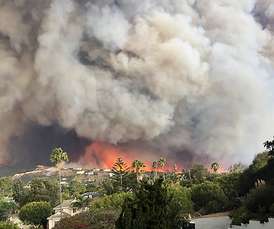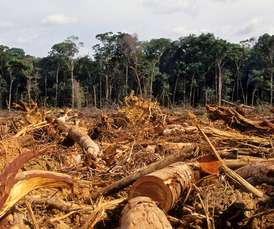Review of Climate Policy Options
Low Carbon Prosperity
NOVEMBER 27, 2018
Evaluating regulations, subsidies, pricing mechanisms, and hybrid policies. The latest, most urgent call to action from the IPCC has increased attention on policies to reduce CO2 emissions and enhance carbon sequestration. Regulation: The most effective carbon reduction policy option is regulation.
















Let's personalize your content